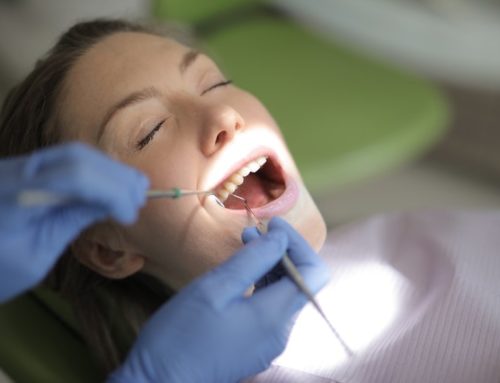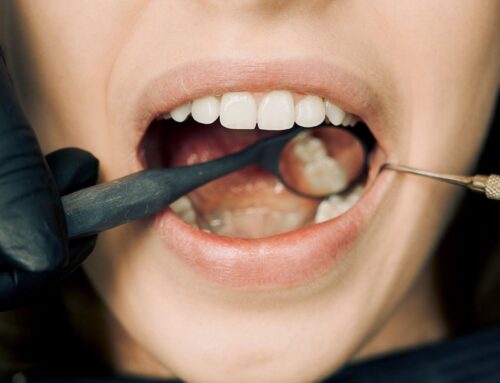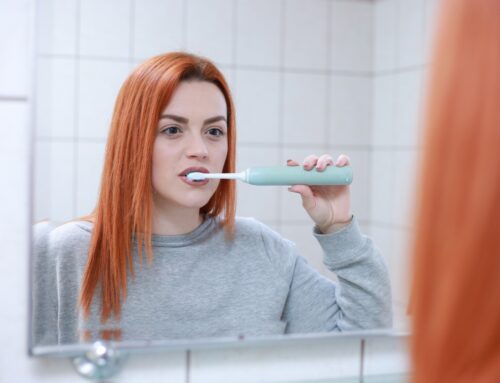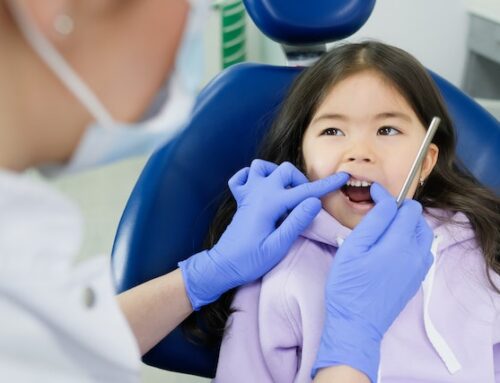Dental emergencies are common occurrences in daily life. They typically involve injury to the teeth or soft tissues and can cause great pain and distress. Having your tooth knocked out, experiencing a sudden toothache or cracking a tooth are all dental emergencies. Knowing what to do in these situations can help improve the outcome.
Two important prerequisites for handling dental emergencies are taking immediate action and staying calm. Fast response time is needed for quick access to medical treatment while remaining clear-headed lets you control the situation and take the appropriate action.
Below are some tips for handling specific dental emergencies should you or someone you know require aid.
Dislodged Teeth
Children and adults who participate in high-contact sports frequently dislodge their teeth. A tooth becomes dislodged when it is accidentally knocked from its socket. Without quick action, a dislodged tooth can result in permanent tooth loss.
Locate the dislodged tooth and, if it’s dirty, rinse it with water – do not scrub. If possible, gently attempt to re-insert the tooth and hold it in place. Otherwise, place it in a container with milk or saliva and contact your emergency dentist. Teeth have the highest chance of successful reinsertion within 30 to 60 minutes of being dislodged.
Abscesses
A dental abscess is a bacterial infection that causes pus build-up, pain and swelling at the tooth root or between the tooth and gum. If left untreated, dental abscesses can result in tissue damage, tooth loss or life-threatening complications. Until you can see an emergency dentist, rinse your mouth with a solution of ½ a teaspoon table salt and 8 ounces of warm water. If the abscess starts to drain, squeeze it gently to extract the pus. Individuals finding it difficult to swallow or breathe should go to a hospital emergency room (ER) immediately for treatment.
Toothaches
Not all toothaches qualify as dental emergencies; however, contact your emergency dentist if you experience a severe or sudden onset of tooth pain. The ache may signal a serious dental issue. Abscesses, tooth decay and gum disease are known to cause toothaches. Depending on the nature of the pain, you might get some relief from applying clove oil to the affected area. You can also use over-the-counter options such as Ibuprofen to alleviate pain and reduce inflammation.
Cracked or Chipped Teeth
Eating foods like hard candy and nuts can cause teeth to crack or chip. Extensive cracks that affect the whole tooth and root can expose nerves and lead to severe pain and tooth sensitivity. Avoid placing pressure on the tooth and, if you can, collect and rinse pieces of the chipped tooth and put them in a container with milk or saliva. If you are experiencing pain, clove oil might help reduce discomfort.
Persistent Bleeding
Persistent and uncontrolled bleeding after dental surgery or extraction is not normal. Consult a dentist as soon as possible. Until your appointment, rinse your mouth with warm salt water to promote healing and reduce bacteria, press a thick piece of gauze onto the area and apply pressure by biting down.
Soft Tissue Injuries
The mouth’s soft tissues — the tongue, cheeks, gums and lips — are not immune from injury caused by accidents, falls and other mishaps. Soft tissue, which is packed with blood vessels, can suffer punctures, lacerations, bruises and cuts, which may cause bleeding. Rinse with salt water to encourage healing and rid your mouth of blood. Then, place an ice pack on the affected area to reduce swelling and contact your emergency dentist. Consult your dentist if you are unsure whether to go to emergency. Cases involving severe trauma should be taken to the ER.
Emergency Dental Care in Surrey
At Newton Village Dental Clinic, we offer a wide range of dental services, including treating dental emergencies. Our experienced, knowledgeable team is ready to serve you. Contact us at 604-599-4777 or via our online form to request an appointment.





